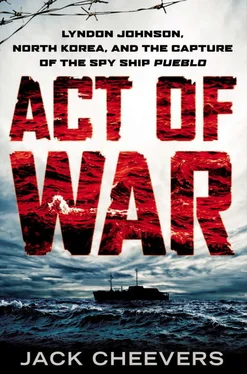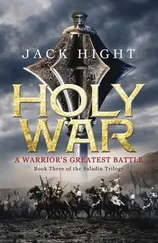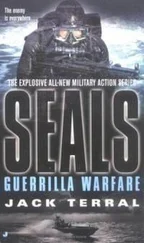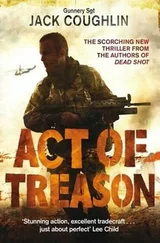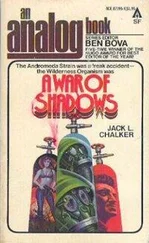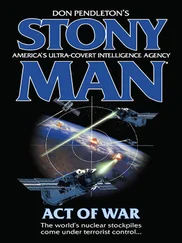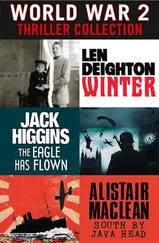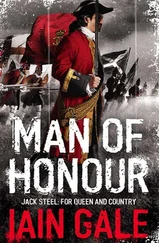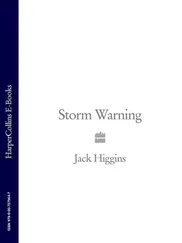Such mishaps … had to stop:LBJ, NSF, Country File, Korea memos and cables, Vol. VI, 4/68–12/68, box 256.
“Maximum exploitability”:NA, RG 218, Records of Gen. Earle Wheeler, chairman of the Joint Chiefs of Staff, box 29, folder: 091 Korea, 5/1/68–4/31/69.
“Wipe out” potential American invaders: Washington Post , June 1, 1968.
“U.S. restraint in the Pueblo affair probably strengthened this view”:NA, RG 59, General Records of the Department of State, Policy Planning Council, Korea through Philippines 1967–1968, box 306, folder: Korea, 1967–1968.
Code-named “Freedom Drop”:NA, RG 218, Records of Gen. Earle Wheeler, chairman of the Joint Chiefs of Staff , box 29, folder: Korea 091, 1 May 1968–31 April 1969.
Cynical and unpleasant:WW, 15 April 1969: 11:00 p.m., Telephone conversation between National Security Adviser Kissinger and Dr. Kramer, http://www.wilsoncenter.org/sites/default/files/Crisis-Conf.Doc_reader-Pt1.pdf.
“Maximum violence”:LBJ, NSF, Memos to the President—Walt Rostow, Vol. 76, May 9–14, 1968 (1 of 2), box 34.
“Over 30 miles from shore on dry land”:LBJ, NSF, Papers of Clark Clifford, Pueblo , March 1, 1968–Jan. 20, 1969, box 23.
“Both sides would understand this ambiguity”:LBJ, National Security File, Memos to the President—Walt Rostow, Vol. 78, May 20–24, 1968 (2 of 2), box 34.
“This country cannot indulge in lies”: Virginian-Pilot newspaper, undated. A copy is in the author’s possession.
“Republic of Korea and the United States are inseparably bound”:NA, RG 59, General Records of the Department of State, Central Foreign Policy Files, 1967–1969, Political and Defense, Pol 33-6 Kor N-US, 5/1/68 to 7/1/68, box 2271, folder: 5/20/68.
The more outlandish the rhetoric:Ibid., folder: 7/1/68.
A Japanese newsman:NA, RG 526, Records of the Naval Criminal Investigative Service, Stack 630A/1/2/1, box 12, folder: “ Pueblo No. 1.”
“Is Commander Bucher in good health?”:LBJ, NSF, National Security Council Histories, Pueblo Crisis 1968, Vol. 18, Telegrams from Seoul, Tab 1 [1 of 2], box 35.
“We will be vulnerable to criticism”:LBJ, NSF, National Security Council Histories, Pueblo Crisis 1968, Vol. 15, Telegrams to Seoul, box 34, tabs 4–8.
“It [is] not practical for us to remain motionless”:NA, RG 59, General Records of the Department of State, Central Foreign Policy Files, 1967–1969, Political and Defense, Pol 33-6 Kor N.–US, 7/1/68, box 2271, folder: 7/1/68.
Pak didn’t seem to understand:LBJ, NSF, National Security Council Histories, Pueblo Crisis 1968, Vol. 18, Telegrams for Seoul, Tab 1 (1 of 2), box 35.
“A bundle of feathers”:Author interview with Charles Law.
“Penetration however slight”:LBJ, NSF, National Security Files, Pueblo Crisis 1968, Vol. 8, Day to Day Documents, Part 17, box 30.
“Before this month is out”:Lloyd M. Bucher and Mark Rascovich, Bucher: My Story (Doubleday & Co., Inc., Garden City, New York, 1970), 348.
“Very beautiful!”:Ibid., 350.
Stuck his head in the animal’s harmless maw:“My Pueblo Nightmare,” Boston Globe series, May 24, 1969, episode 14.
“Get the hell out of my way”:Bucher, op. cit., 352.
A welcome “he would long remember”:Edward R. Murphy Jr. and Curt Gentry, Second in Command (Holt, Rinehart and Winston, New York, 1971), 282.
“Why we Koreans hate you Americans”:F. Carl Schumacher Jr. and George C. Wilson, Bridge of No Return: The Ordeal of the U.S.S. Pueblo (Harcourt Brace Jovanovich, Inc., New York, 1971), 170.
“A terrible atrocity had taken place”:Bruce Cumings, The Korean War: A History (Modern Library, New York, 2010), 198.
“How ghastly!”:Bucher, op. cit., 351.
The dark spots looked like mold:Ed Brandt, The Last Voyage of USS Pueblo (W. W. Norton & Co., New York, 1969), 193.
Nothing but icy disdain:Murphy, op. cit., 296.
Convinced he didn’t have much time to live:Bucher, op. cit., 357.
“Just couldn’t hold out any longer”:Ibid., 356.
“You CIA man!”:Brandt, op. cit., 215.
“He went to college and uses big words”:Ibid., 216.
A five-foot-long rod:Law interview, op. cit.
“My ribs felt cracked”:Bucher, op. cit., 358.
“Something we can all be proud of!”:Ibid., 359.
“Who made you try to fool us?”:“One Hellish Experience,” online essay by Harry Iredale, http://www.usspueblo.org/Prisoners/One_Hellish_Experience.html.
“I got stubborn”:Author interview with Harry Iredale.
“Damn scared”:CA, Vol. III, 1006–95.
Didn’t touch him again:Ibid., 1006–97.
CHAPTER 14: BRIDGE OF NO RETURN
“Understandable!”:LBJ, NSF, National Security Council Histories, Pueblo Crisis 1968, Vol. 18, Telegrams from Seoul, Tab 1 (2 of 2), box 35.
“Not sufficiently engaged”:LBJ, NSF, Country File—Asia and the Pacific (Korea), container #256.
50 guerrillas came ashore:LBJ, NSF, Country File—Korea, folder: memos and cables, Vol. VI, 4/68–12/68.
“This might have [a] salutary effect”:NA, RG 59, General Records of the Department of State, Central Foreign Policy Files, 1967–1969, Political and Defense, Pol 33-6, Kor N.–U.S., 7/1/68 to 7/1/68, box 2271, folder: 7/1/68.
A little rumor-mongering:Ibid., 10/15/86 to 12/1/68, box 2274, folder: 12/1/68.
“It was a bluff”:Author interview with Nicholas Katzenbach.
“An average American as I am”:NA, RG 59, op. cit.
“He evidently had no real conception”:LBJ, NSF, Country File—Asia and the Pacific, box 262, folder: Korea Pueblo Incident, Seoul Cables, Vol. II, 2/11/68–3/68.
“No genuine interest”: St. Louis Post-Dispatch , Jan. 13, 1969.
He blithely offered to pay $50 million:NA, RG 59, op. cit.
Naive, “very high-strung,” and “unstable”:Ibid.
“They respect us for this eccentricity”:LBJ, NSF, National Security Council Histories, Pueblo Crisis 1968, Vol. 8, Day by Day Documents, Part 17, box 30.
“What sort of people we are privileged to serve”:NA, RG 59, op. cit.
“This may sound nutty to you”:Katzenbach interview, op. cit.
“We are agreeable”:LBJ, NSF, National Security Council Histories, Pueblo Crisis 1968, Vol. 18, Telegrams from Seoul, Tab 1 (2 of 2), box 35.
“We are … perturbed”:NA, Records Group 218, Records of Gen. Earle Wheeler, chairman of the Joint Chiefs of Staff, box 29.
Pump troops into the area:LBJ, NSF, op. cit.
“Not entirely medical in character”:Lloyd M. Bucher and Mark Rascovich, Bucher: My Story (Doubleday & Co., Inc., Garden City, New York, 1970), 361.
Читать дальше
